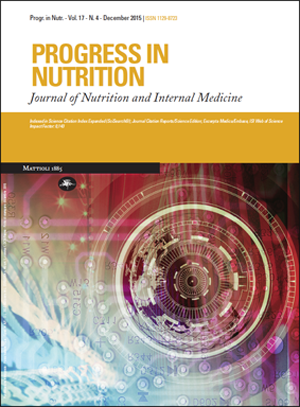Determinants of eating habits among older adults
Keywords:
eating habits, socioeconomic status, older adultsAbstract
Old people suffer from many non-communicable diseases which are mainly consequences of their improper eating habits. Among older adults, eating habits are in turn affected by health status and biological changes shaped by aging which are mediated by a larger pool of factors including familial, social and economic factors. The aim of this article is to review and summarise literature on some key determinants of eating habits of older adults which can viewed from an individual level, societal and family level as well as economic level which may useful when designing intervention programs among older adults. Recent developments and updated scientific evidence pertaining to eating habits are critically analysed to gain insight into main factors that influence eating habits of old people. In particular, individual components such as gender, physical activity level (PAL), nutrition knowledge (NK), health and oral status in addition to other determinants such as income, socio-economic status (SES), household composition, marital status and culture that have been documented to influence eating habits of older adults. For example healthier eating habits and better health status have been reported among married older adults and those with high SES, PAL, and NK.Downloads
Published
Issue
Section
License
This is an Open Access article distributed under the terms of the Creative Commons Attribution License (https://creativecommons.org/licenses/by-nc/4.0) which permits unrestricted use, distribution, and reproduction in any medium, provided the original work is properly cited.
Transfer of Copyright and Permission to Reproduce Parts of Published Papers.
Authors retain the copyright for their published work. No formal permission will be required to reproduce parts (tables or illustrations) of published papers, provided the source is quoted appropriately and reproduction has no commercial intent. Reproductions with commercial intent will require written permission and payment of royalties.

This work is licensed under a Creative Commons Attribution-NonCommercial 4.0 International License.


